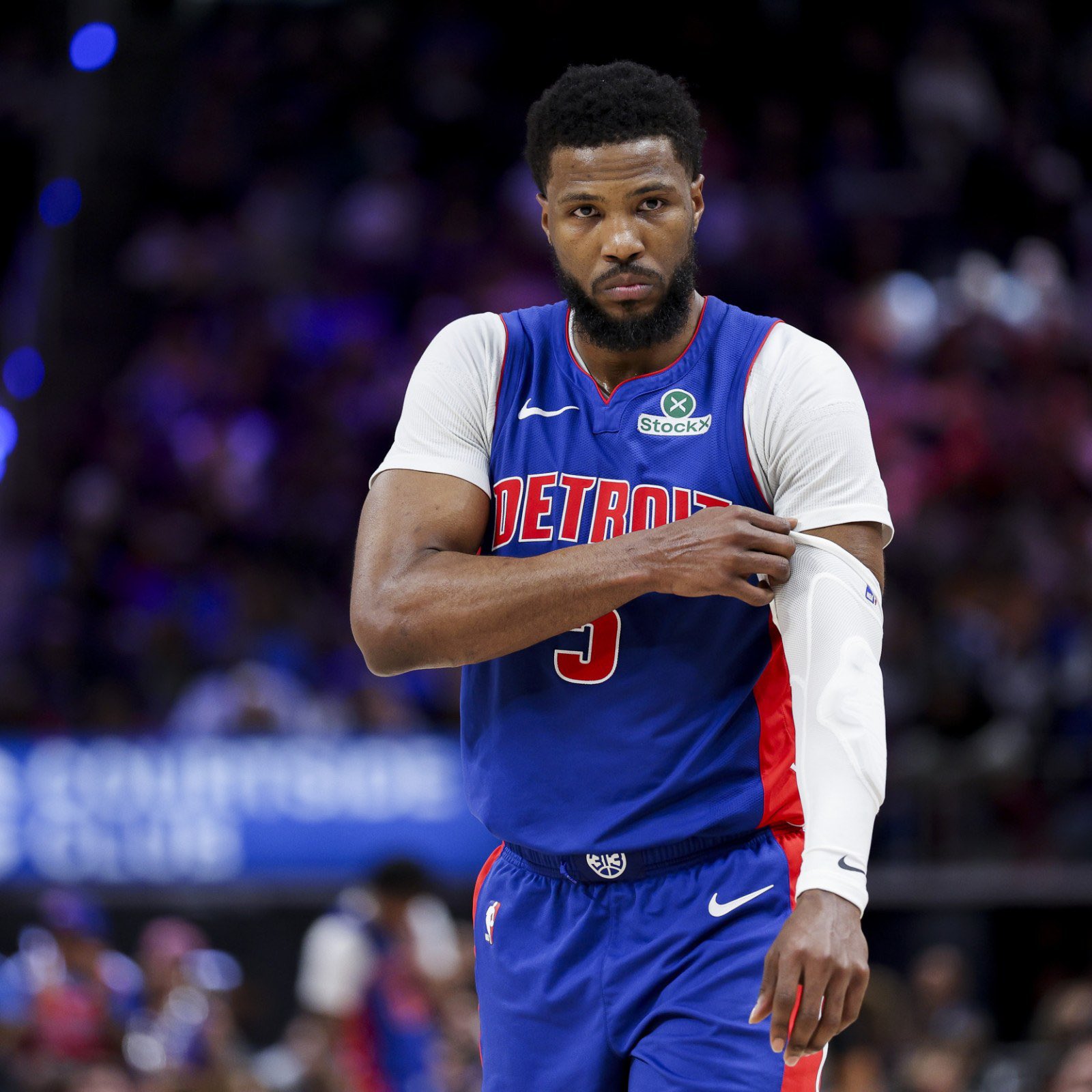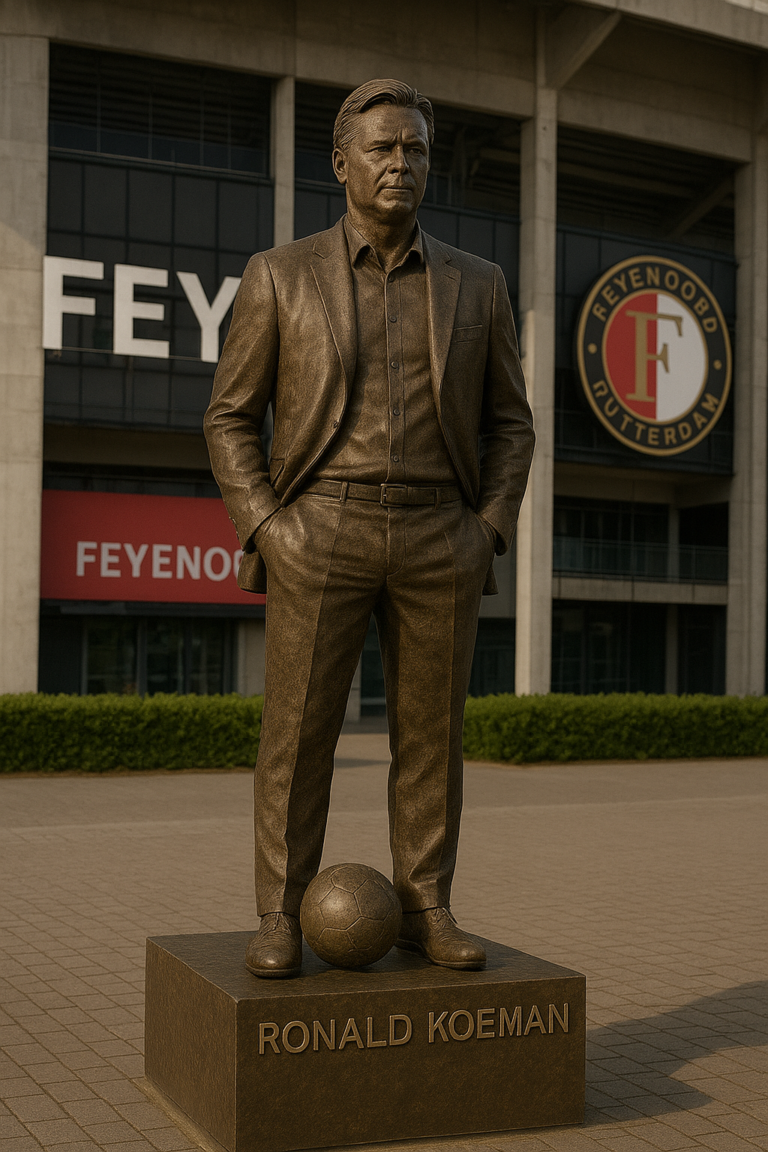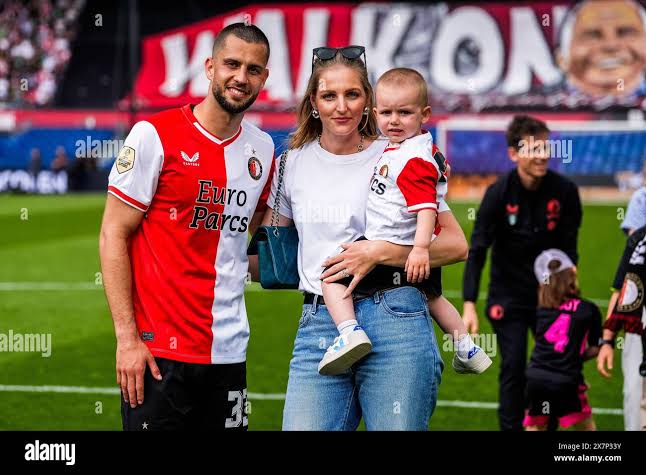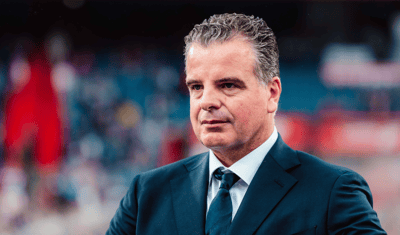
Malik Beasley, the professional basketball player currently playing in the NBA, has recently faced a personal setback after being evicted from his apartment in Detroit due to unpaid rent amounting to $2,000. The eviction has drawn attention not only because of Beasley’s status as a high-profile athlete but also due to the broader implications it raises about financial management and housing stability, even among professional sports figures.
According to reports, Beasley fell behind on his rent payments for several months, which ultimately led his landlord to take legal action to recover the owed amount. Despite attempts to negotiate or settle the outstanding balance, the situation escalated to eviction proceedings. The landlord cited repeated non-payment and lack of communication as key reasons behind the decision. Following a court hearing, the eviction was granted, forcing Beasley to vacate the property.
The news came as a surprise to many fans and commentators who associate NBA players with financial success and stability. However, Beasley’s eviction highlights a growing conversation around the financial pressures and challenges athletes can face off the court. While top-tier players often earn significant salaries, not all athletes in professional leagues enjoy the same level of financial security, and many struggle with managing expenses, investments, and lifestyle costs.
Malik Beasley’s situation serves as a reminder that regardless of fame or income, financial difficulties can affect anyone. The high demands of professional sports careers—such as frequent relocations, family needs, and public scrutiny—can sometimes exacerbate these challenges. In addition, the transition between teams or contracts may lead to periods of uncertainty in income flow, making timely rent payments or other financial obligations harder to meet.
The incident also sheds light on the importance of financial literacy and support systems for athletes. Many leagues and organizations have programs in place to educate players about budgeting, saving, and responsible spending. However, cases like Beasley’s show that continued efforts are necessary to ensure players receive comprehensive guidance, especially when dealing with personal finances and long-term planning.
Despite the eviction, sources close to Beasley suggest that he is actively working to resolve his housing situation and stabilize his living arrangements. His representatives have indicated that the player is committed to addressing the issues and moving forward positively both personally and professionally. Fans and the sports community have expressed support for Beasley, emphasizing that setbacks are part of life and encouraging resilience.
The broader discussion triggered by this event also invites reflection on housing affordability and tenant rights, particularly in urban areas like Detroit. Rent burdens and housing insecurity remain pressing issues for many residents, and the visibility of a public figure experiencing similar difficulties helps to humanize these challenges.
In the coming weeks, Malik Beasley’s focus will likely be on securing a new home and regaining financial footing. As the story unfolds, it may prompt further conversations within the NBA and other sports leagues about how best to support athletes in maintaining stability off the court, ensuring that they can fully concentrate on their performance and careers without being hampered by avoidable personal hardships.






